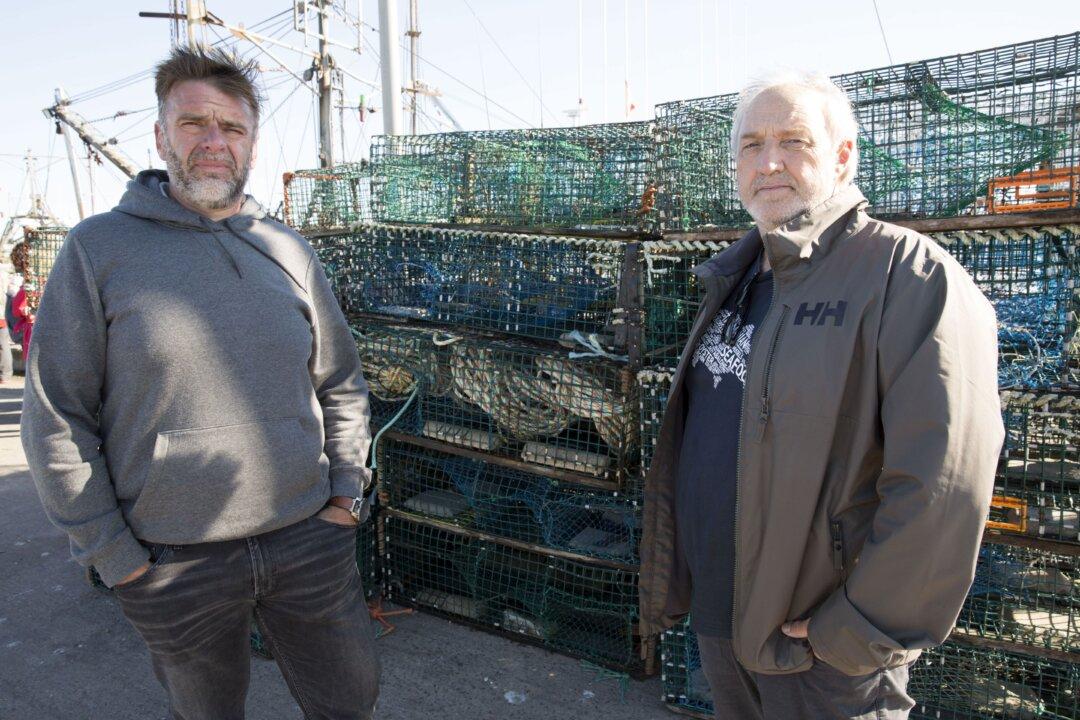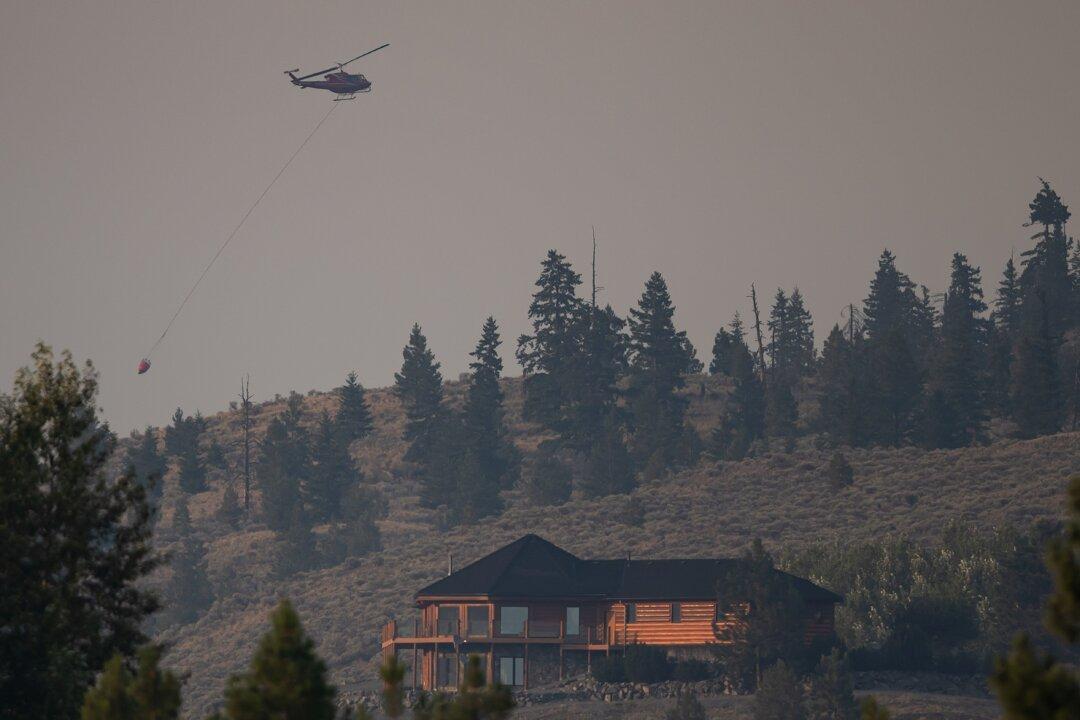As hurricane Teddy loomed 500 km off the coast of Nova Scotia on Tuesday, Sept. 22, its approach brought an ironic calm to St. Mary’s Bay waters, where for more than a week commercial and indigenous lobster fishermen had clashed over fishing rights.
“The boys dropped traps Sunday night, they dropped traps and fished Monday,” said Sipekne’katik Chief Mike Sack of his members’ activities following a tumultuous weekend, which saw arrests on the wharf and non-indigenous commercial fishers pulling what they say are illegal traps from the bay.





